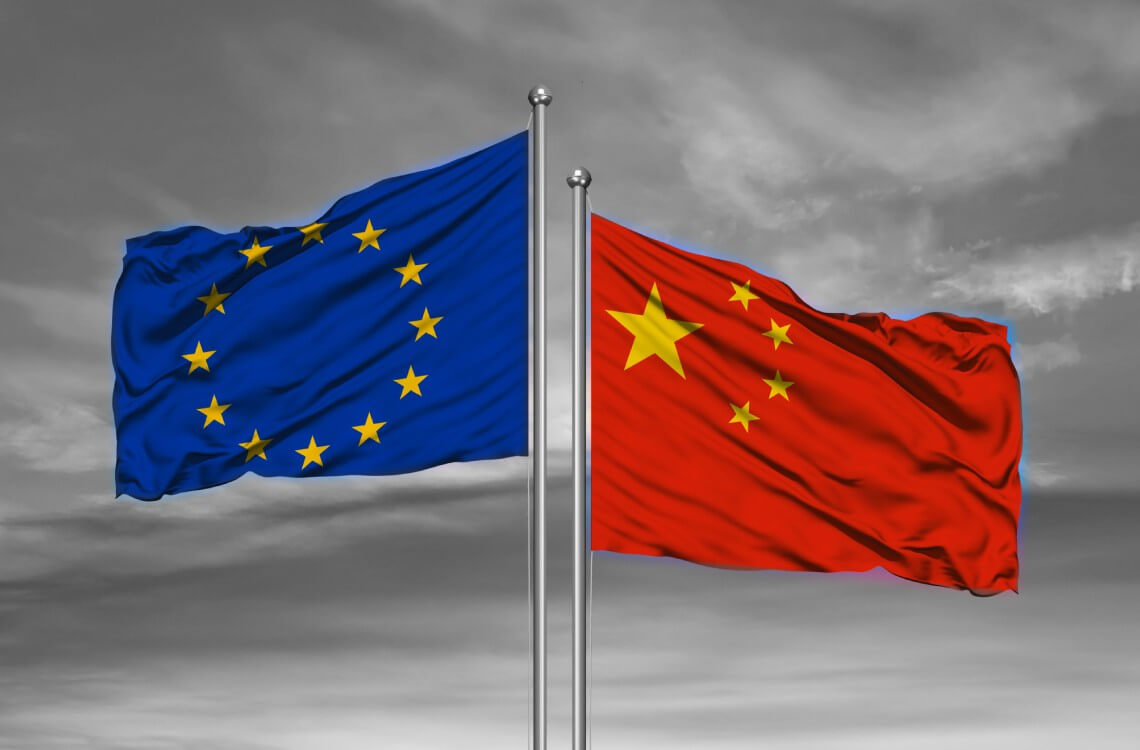While the world eagerly watches for technological advancements and innovations, there’s an undercurrent of suspicion and uncertainty looming over global businesses. At the epicenter of this is China’s recent data legislation, casting shadows over its relations with the European Union. The ambiguity in these laws and their extensive processes have EU businesses rattled, unsure of the boundaries they shouldn’t cross.
The Ambiguity Quagmire: China’s Vague Data Landscape
China’s enhanced counter-espionage law, introduced in July, seems to be more of a maze than a clear directive. With its blanket prohibition on transferring data related to ‘national security and interests’, it bafflingly avoids defining these critical terms.
Furthermore, the term ‘espionage’ now conveniently covers cyberattacks on state assets or vital infrastructure. But what precisely falls under this umbrella? Who knows!
President Xi Jinping’s intensified attention on national safety, notably his clampdown on consultancies and due diligence agencies, has further muddied the waters.
Foreign businesses, many of whom have set their sights on the lucrative Chinese market, find themselves tiptoeing on uncertain grounds, wary of unknowingly breaching this nebulous law.
This ambiguity isn’t just about terms and definitions. It extends to procedural quagmires. European Commission Vice President Vera Jourova recently highlighted the snail-paced process businesses grapple with in China. What’s meant to be a 45-day process often stretches indefinitely, leaving businesses in limbo.
EU’s Appeal for Clarity: A Digital Dialogue
The EU isn’t sitting quietly, though. After spearheading the first EU-China High-level Digital Dialogue in a trice, Jourova hinted at plans to approach Chinese officials.
The goal? Establishing a communication link to help EU businesses navigate these ambiguous waters and ensure compliance. While it’s a step forward, the underlying issues remain unaddressed.
China’s ever-evolving role on the digital front has been multifaceted. While being a partner and competitor, its recent actions have amplified its position as a systemic rival in the digital domain, as per Jourova.
This intensified rivalry underscores the importance of open communication lines between China and Europe, especially when disagreements lurk in the shadows.
Despite the outcry and suspicion from foreign bodies, China hasn’t remained entirely mute. Back in July, China’s commerce ministry took a step to assuage concerns.
They engaged in discussions with representatives from the U.S., Europe, Japan, and South Korea, alongside 30 foreign businesses, shedding light on their new anti-espionage regulation.
Their assurance was clear: they aim to foster a transparent, predictable, and fair business landscape. But with the ambiguity in their laws, this claim does little more than raise eyebrows.
A Road Ahead or A Dead-end?
The future of EU-China relations in this digital age remains on tenterhooks. With both regions being powerhouses in the global landscape, their collaboration or contention will inevitably have ripple effects worldwide.
While China ensures fair play, its actions and vague laws speak a different language, leading to heightened skepticism and caution among foreign businesses.
In this intricate dance of diplomacy and business, clarity and transparency will be the trump cards. But for now, the deck seems stacked with jokers, leaving businesses to wonder if they’re playing in a game where the rules are ever-shifting.
Whether it’s a genuine bid for national security or a strategic play in the global digital game, only time will tell. But until then, businesses tread carefully, watching every step in the convoluted landscape that is China’s digital domain.





